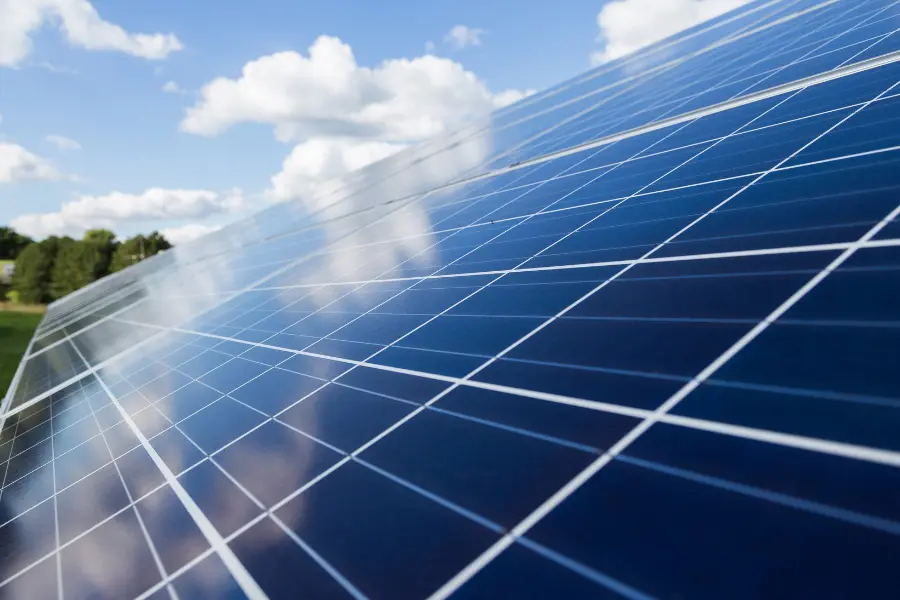When you want to reduce your electricity usage and, by implication, spend less on your power bills, solar panels are a great option.
In fact, you could save so much that you’ll be able to set off your savings against the initial investment required to install a solar system. In other words, the system could end up paying for itself.
However, it’s not all good news and there is a significant problem. A basic system won’t work in a blackout, and you’ll need to ensure that you have the right components in your installation to make sure that it does. In this post, we’ll look at why this is and what components you’ll need.
Why Solar Panels Won’t Work in a Blackout
Let’s start by looking at why your solar panels won’t work in a blackout. When using these panels, you’ll use sunlight to generate electricity that will then power your home and appliances.
The problem is that you’ll often create more electricity than you need. When this happens, your system will push this electricity back into the grid. And it’s here where the problem comes in.
Safety of Power Line Technicians
The first issue is that, during a blackout, technicians will regularly work on power lines to fix problems and get the grid back online.
When doing this, they’ll work on the assumption that there’s no power in the grid. Unfortunately, when your solar system pushes excess electricity into the grid, this won’t be the case and their assumption will be wrong. This then exposes them to the risk of serious injury or even death.
Prevention of Further Infrastructure Damage
Another issue is that pushing excess electricity into the grid can cause damage to grid infrastructure, especially when the grid comes back online. So, to prevent infrastructure damage, your system shouldn’t push any excess electricity into the grid during a blackout.
How to Use Solar Panels in a Blackout
Despite these concerns, you’ve probably seen some homes with solar panels that have lights on during a blackout. So, how is this possible? Well, these homes either have off-grid solar systems or they have the right components in their installations that allow them to use their solar panels in a blackout. Let’s look at these components in more detail.
Solar Batteries
The first component you’ll need is solar batteries. You’ll typically use these solar batteries to store any excess electricity that you generate, and then use it when there is little to no sunlight.
For example, you might generate excess electricity during the day, store it in your batteries, and then use it during the evening. However, you can also use these batteries when you want to use your solar system during a blackout.
Blackout Protection
To use your batteries as a solution during a blackout, you need to ensure that your batteries feature blackout protection. You should also use a hybrid inverter.
Combined, this will automatically switch your system to battery power when the grid goes off. At the same time, it will also prevent any excess electricity from being pushed into the grid.
Conclusion
There you go, now you know why a basic solar system won’t work during a blackout Crucially, however, you also now know what components you’ll need to include in your solar installation to make sure that you can use your solar panels when the grid goes off.
To learn more about solar installations and the benefits they offer, get in touch with a licensed electrician for your solar panel installation.




![F95Zone Games - The Ultimate Guide for 2021 [F95Z Guide] 5 F95Zone Games](https://knowworldnow.com/wp-content/uploads/2021/07/ArTtW5LrK3b-z-0-y-637f48d86203817a9042a857.webp)